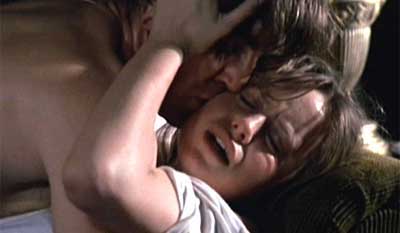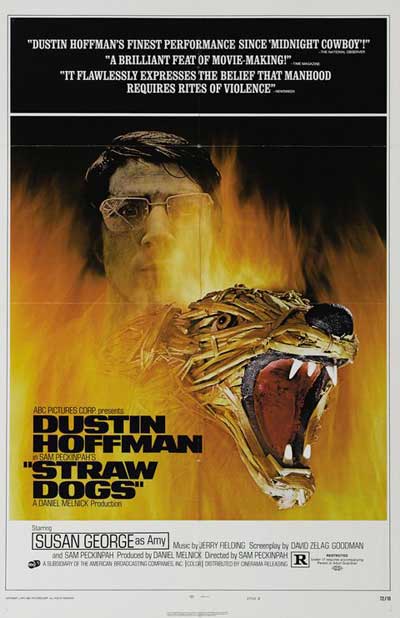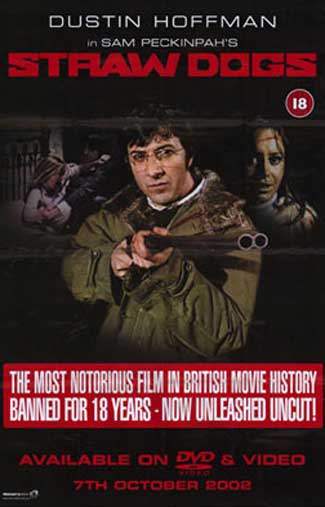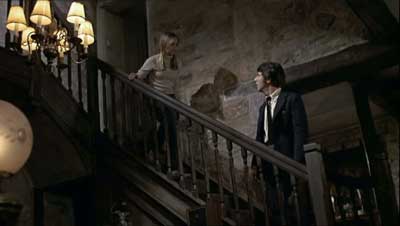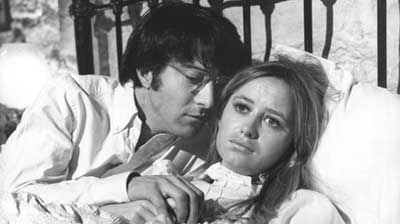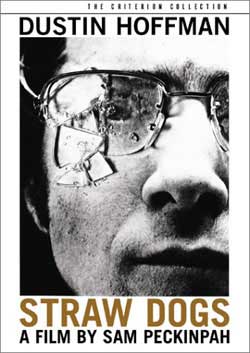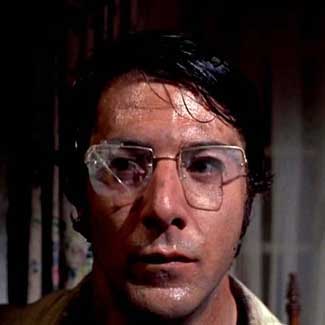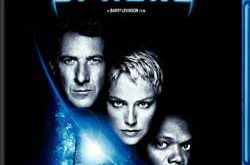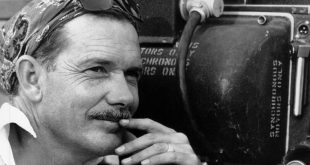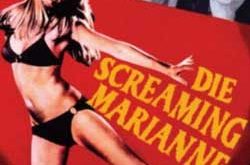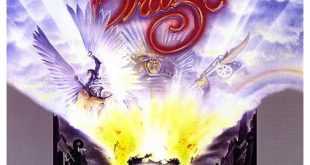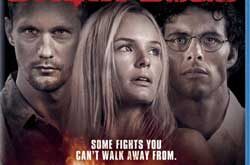SYNOPSIS:
Dustin Hoffman plays a regular American mathematician, who gets into some trouble with local bullies. He is made fun of and then his wife is raped. When they attack his home, he fights back. His outbreak of violence is extreme. Upon moving to Britain to get away from American violence, astrophysicist David Sumner and his wife Amy are bullied and taken advantage of by the locals hired to do construction. When David finally takes a stand it escalates quickly into a bloody battle as the locals assault his house
REVIEW:
1971, under the direction of Sam Peckinpah, Dustin Hoffman stars in a film that has created a bit of a cult legacy with film viewers. This slow build of a domestic drama and psychological thriller is exactly that. It also further cements the idea that Americans are not well liked in foreign countries if they arrive branding a beautiful wife who happens to be from “that” country. I couldn’t help but wonder after watching this…. is all Britain’s purpose in life is to drink, gather at pubs and fool about in song. The film itself was released the same year as Clockwork Orange which also ties in the cinematic directions at that time.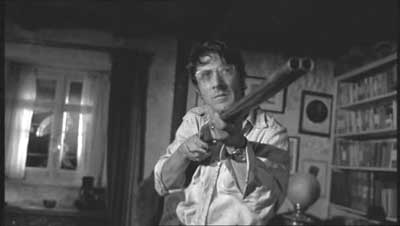
As we enter into a small British town, David (Dustin Hoffman), is in the process of having his house renovated by locals. With his wife Amy (Susan George) on hand they planned on using the location and time to focus on quiet and a much needed privacy so that David can continue his work on ….um, mathematical radiation …something or other. A professor, he has been given a grant and a year to do just that. Though its apparent pretty early that distractions and local disdain are becoming a problem maybe more that they both anticipated.
Peckipah uses this build to introduce an emotional struggle for David, his wife and dealing with these unwanted issues. In fact it’s apparent pretty early that David is going to be pushed from his quite demeanor and passive persona into the beast we all subdue inside. Peckipah builds on this notion with paranoia and a growing sense of concern that begins to fester right away. We as an audience feel the tension mounting into a spiral that is felt way before the characters in the film engage. A classic tackle of being bullied and taken for granted as a foreigner are heavily woven into the matrix of Straw Dogs.
What is intriguing for this film is that it changes it’s pace in the 3rd act, with Dustin Hoffman becoming empowered in an almost total transformation of character. This new found energy boosts the somewhat lethargic lead in. As he takes on 5 drunk Brits who are threatening him and assaulting his house, he manages to summon forth a clever and violent retaliation that ends in some brutal bloodshed. Combined with the middle rape scenes, this film made quite an impact for its release at the time.
Straw dogs gained early controversy for its middle extended rape scene. Add to that, that film boards at the time were still trying to figure out how to rate films and wanted to give it an X rating. An edited version was released, though it also changed some of the perspective the director was suggesting. One such notion is that Amy enjoyed the rape rather than it being a tragedy.
Accusations flew about which included Pekinpah to being one who glamorized rape and its cinematic sadism. At current, a remake is scheduled for 2011….which in my opinion is unnecessary. I tend to enjoy fact finding on older films of which I found the following:
The title comes from the Chinese philosopher Lao-tzu, who wrote, “Heaven and earth are not humane, and regard the people as straw dogs.”
Because of its graphic portrayal of violence and two brutal rapes, the British Board of Film Censors (BBFC) banned the film from being released on video/DVD from 1984 until 2002.
Dustin Hoffman – not usually a fan of violent films – admitted that he only took the role in this movie for the money.
Among the actors initially considered for the role of David Sumner were Donald Sutherland, Jack Nicholson and Sidney Poitier. Actresses originally considered and/or auditioned for the role of Amy were Diana Rigg, Charlotte Rampling and Helen Mirren.
There you have it. Maybe tame for todays standards in which toture, vilence and rape are becoming mainstays…though Straw Dogs has its timeless ode of perfection that make sit a true cult addition by default.
Straw Dogs is now available on Bluray from 20th Century Fox
Straw Dogs (1971)
 Horror News | HNN Official Site | Horror Movies,Trailers, Reviews
Horror News | HNN Official Site | Horror Movies,Trailers, Reviews
![StrawDogs_Blu-ray[1]](https://horrornews.net/wp-content/uploads/2010/08/StrawDogs_Blu-ray1-e1315008980485.jpg)
